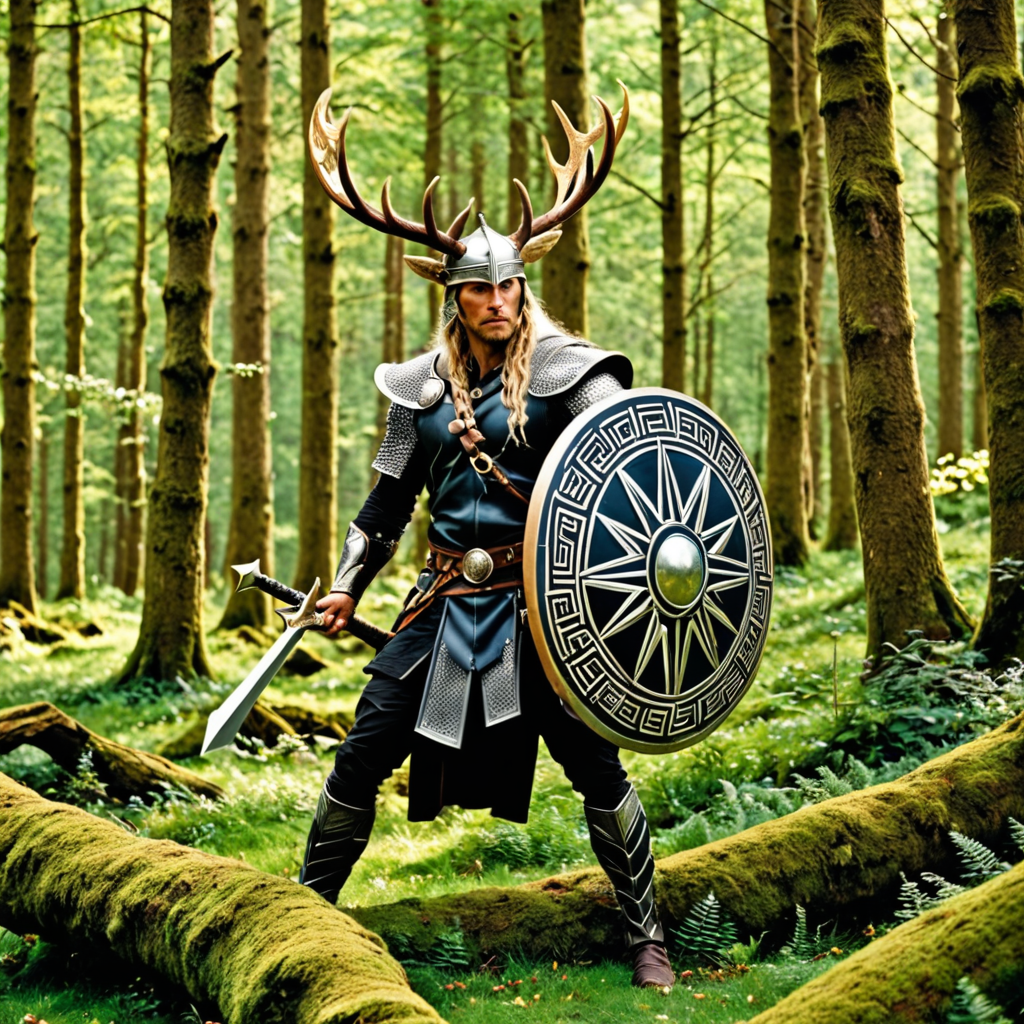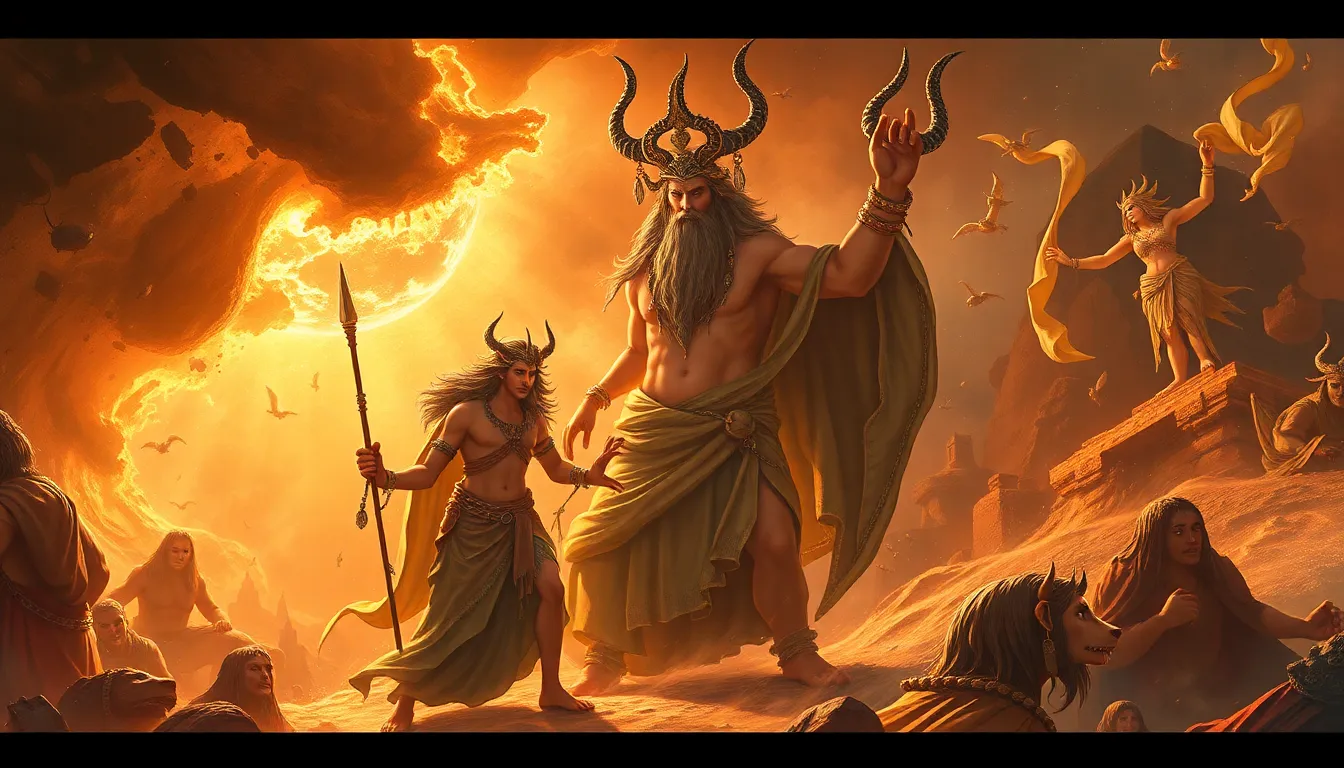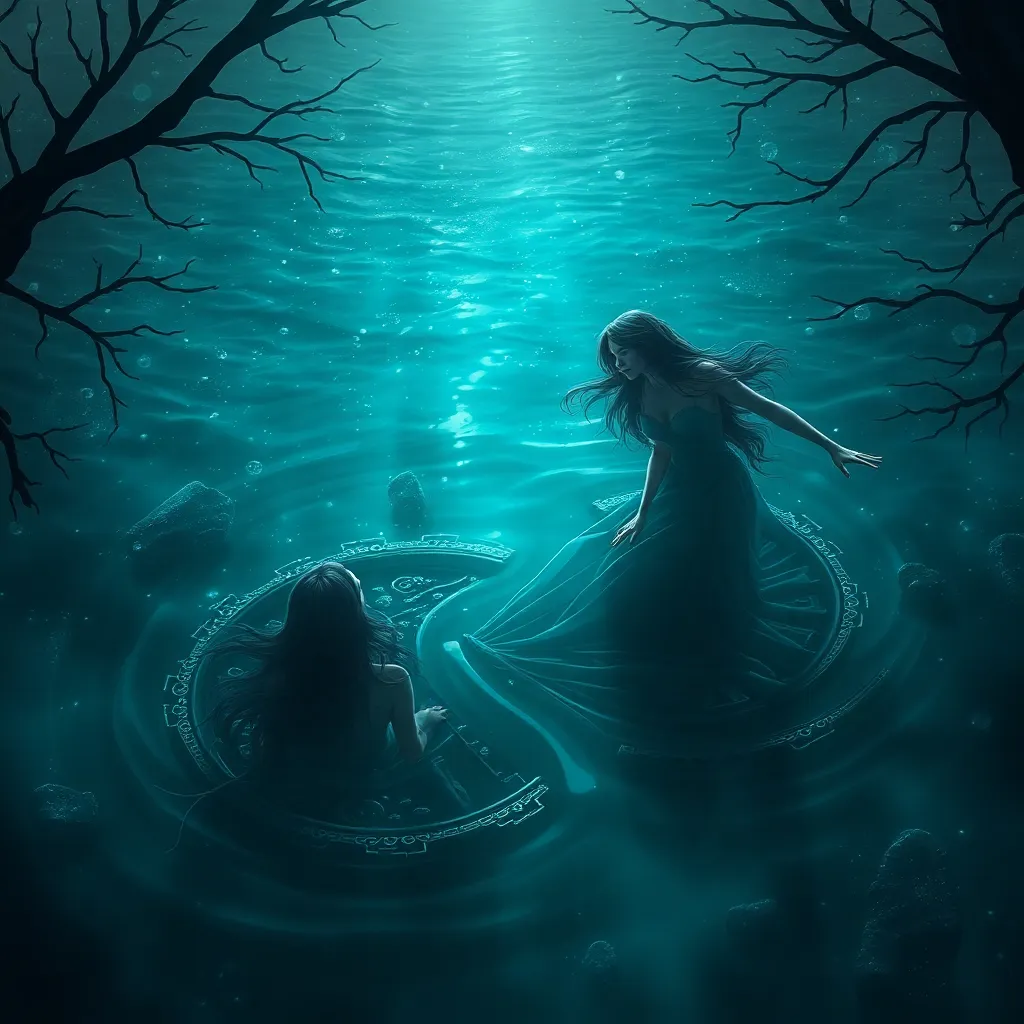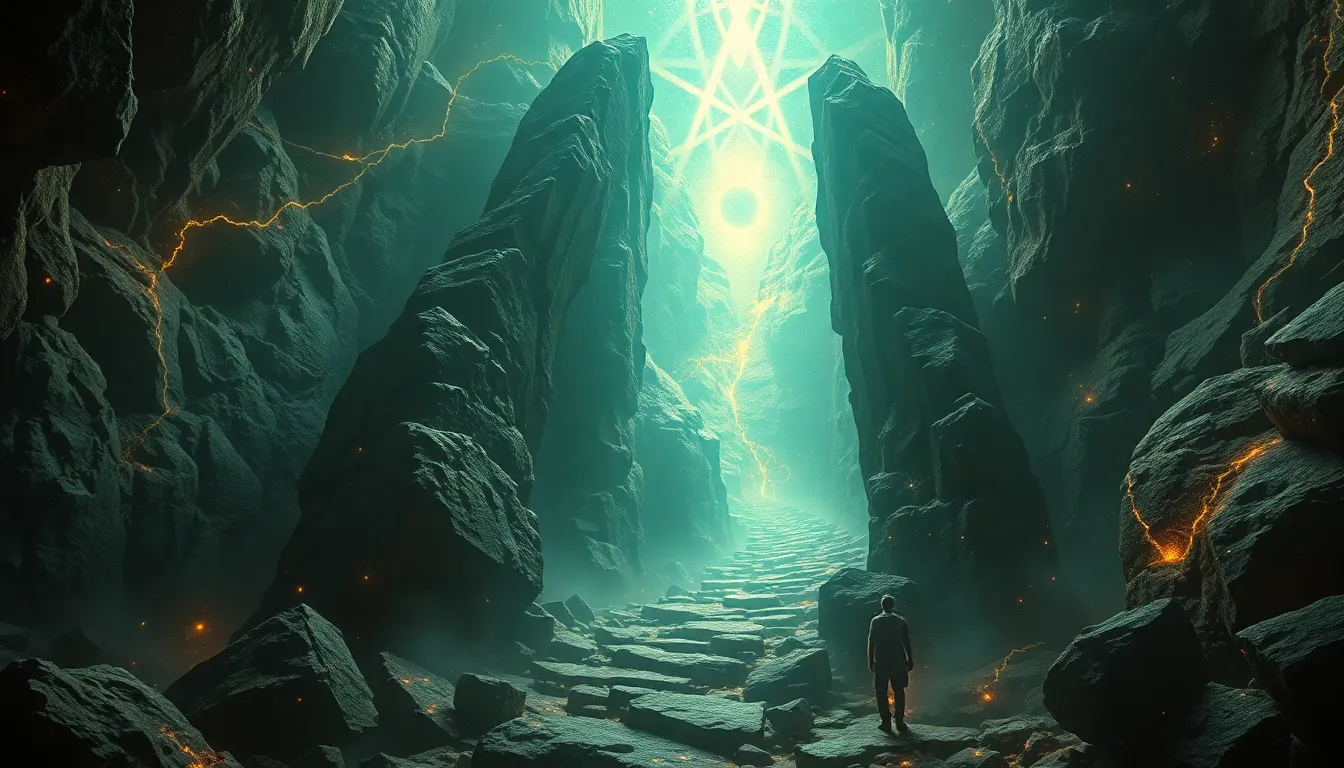The Influence of Norse Mythology on Modern Paganism
Norse mythology, originating from the stories and legends of the ancient Norse people, has had a profound impact on modern paganism. Let’s explore how these ancient tales continue to influence contemporary spiritual practices.
Connecting with Ancient Deities and Beliefs
One of the primary ways in which Norse mythology influences modern paganism is through its pantheon of gods and goddesses. Deities such as Odin, Thor, Freyja, and Loki represent various aspects of the natural world and human experience. Individuals practicing modern paganism often seek to connect with these ancient deities, drawing inspiration and guidance from their stories and qualities.
Rituals and Practices Inspired by Norse Mythology
Rituals and practices in modern paganism are often inspired by the myths and traditions found in Norse mythology. Blót ceremonies, dedicated to honoring the gods and ancestors through offerings and feasting, echo ancient Norse rituals. Additionally, the use of elements such as runes and symbols like Mjölnir (Thor’s hammer) are common in modern pagan practices influenced by Norse mythology.
The Impact on Contemporary Belief Systems
The influence of Norse mythology extends beyond specific rituals and deities, shaping the overall belief systems of modern paganism. Concepts such as the interconnectedness of all beings, respect for nature, and the cyclical nature of life and seasons are core tenets that resonate with many practitioners inspired by Norse myths. These foundational beliefs contribute to a holistic and earth-centered spirituality that is deeply rooted in ancient traditions.
Modern Interpretations and Evolution
While Norse mythology provides a rich tapestry of stories and symbols for modern paganism, it is important to note that interpretations and practices have evolved over time. Various pagan traditions may incorporate Norse influences in unique ways, adapting ancient principles to contemporary contexts. This flexibility and evolution contribute to the richness and diversity within modern pagan communities that draw inspiration from Norse mythology.
FAQ: The Influence of Norse Mythology on Modern Paganism
What is Norse Mythology?
Norse mythology refers to the myths, legends, and beliefs of the pre-Christian Norse people in Scandinavia. It includes stories of gods, goddesses, and mythical creatures.
How has Norse Mythology influenced Modern Paganism?
Norse mythology has had a significant impact on modern Paganism, inspiring many practices, beliefs, and rituals within various neo-pagan traditions. It provides a rich source of symbolism, deities, and cultural elements for modern practitioners.
Which Norse Gods and Goddesses are commonly worshipped in Modern Paganism?
Popular Norse deities honored in modern Pagan practices include Odin, Thor, Freyja, and Loki. These gods and goddesses are revered for their unique characteristics and roles in Norse mythology.
How do Modern Pagans incorporate Norse Mythology into their spiritual practices?
Modern Pagans often honor Norse deities through prayers, rituals, and offerings. They may also draw inspiration from Norse cosmology, runes, and myths in their meditations and celebrations.



